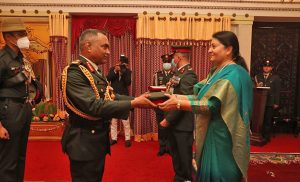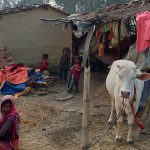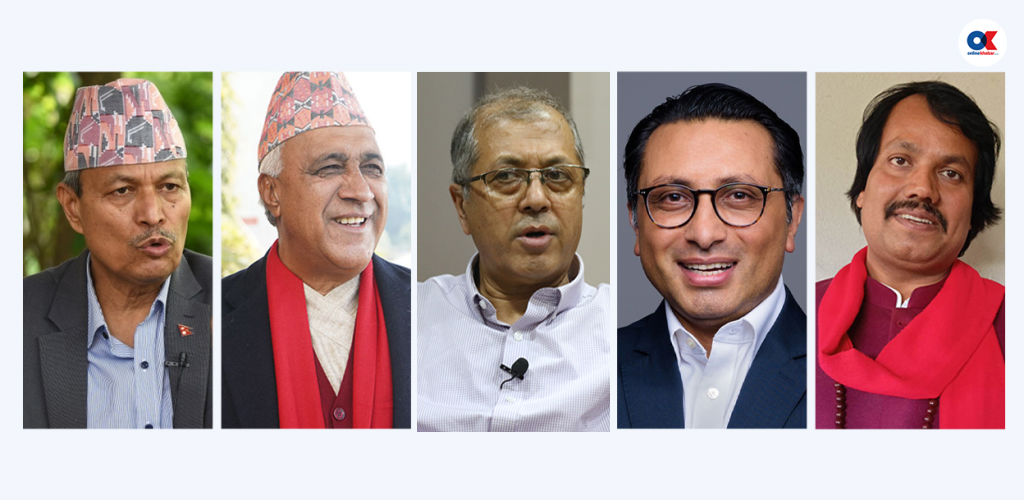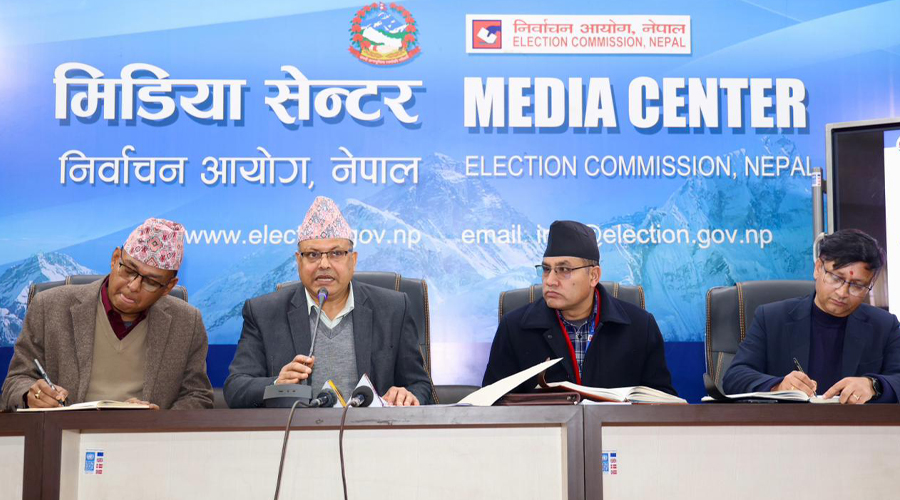
Op-ed pages of broadsheet dailies published in Kathmandu on Sunday have given space to a host of issues such as the split in the RPP, Prime Minister’s Deuba’s visit to New Delhi and modernisation of agriculture in Nepal.
On Prime Minister Deuba’s visit

Prime Minister Sher Bahadur Deuba returns home on Sunday following his state visit to India. Eight MoUs were signed between the two countries on cooperation in different sectors. In this context, Nepali Congress leader Manmohan Bhattarai, in his piece for Annapurna Post, says the Prime Minister should not have committed to securing a two-third majority in Parliament to pass the constitution amendment bill and to make it a document of consensus. Bhattarai says the constitution has not been a document of consensus and it was unlikely it will take such a shape in the near future.
He says that it was important for the Prime Minister to state that Nepal will remain neutral in the standoff between India and China and Deuba’s visit has helped convey the message to New Delhi.
Consensus in mitigating disasters in Nepal

Former Health Minister Gagan Thapa, in his piece for Annapurna Post, sheds light on different aspects of water-induced disasters in Nepal and possible solutions to the problems. He says that because Nepal has areas that are as high as 8,848m above the sea level to as low as 60m, it is only natural that cloudbursts flood the rivers. Although climate change has not affected the total annual rainfall, it has shortened the rainy season and made it more intense. This has increased the risk of landslides in the country. Thapa says various dams and embankments built by India have also increased risk of floods in southern Nepal. He also highlights the shoddy management of rivers and rivulets as one of the major factors that escalate risk of floods.
To manage the situation better, he suggests four steps that the government should immediately take. First, settlements in the hills at risk of landslides should be shifted to safe areas. Second, silting in rivers should be prevented, Third, instead of cutting hills to build roads, tunnel roads should be built. Fourth, Nepal and India need to have a discussion on ways to prevent future floods.
Why did the RPP split?

Rival factions of the Rastriya Prajatantra Party have been engaged in a war of words for weeks after Pashupati Samsher Rana’s decision to split the party. In this context, Siddhartha Thapa, who belongs to the Rana faction, in his lead piece for Republica, says RPP cadres were unhappy with Kamal Thpa as he accepted the 2015 constitution without even registering a note of dissent. He says that Kamal Thapa has always wanted to remain in power, and for that he used the constitution amendment bill as a bargaining tool and the party lost the local elections because of him. Thapa quotes royalist Tulsi Giri to say that the Nepali people will not trust the RPP so long as it is led by an opportunist.
Agriculture and technology

In her piece for The Kathmandu Post, Menila Kharel says technology has pervaded every sphere of life in Nepal, except agriculture. She argues that Nepal’s agricultural sector is plagued by low productivity and this is one of the reasons for food insecurity in the country. She says that for agriculture to adopt technology, the private sector should invest in the sector.
Mahantha Thakur interview

The ruling coalition recently failed to get the constitution amendment bill passed by Parliament. The bill was drafted to address the demands of the Madheshi Morcha, including the RJP, which decided to contest elections even after the failure of the bill. In his interview with Kantipur, RJP leader Mahantha Thakur says his party will contest elections and continue its agitation simultaneously. He says that the recent visit to Kathmandu by Indian External Affairs Minister Sushma Swaraj has nothing to do with his party’s decision to call off the boycott of elections. He says that his party is open to electoral alliances with all groups, except for the UML. The RJP is not thinking of joining the government, he adds.
























